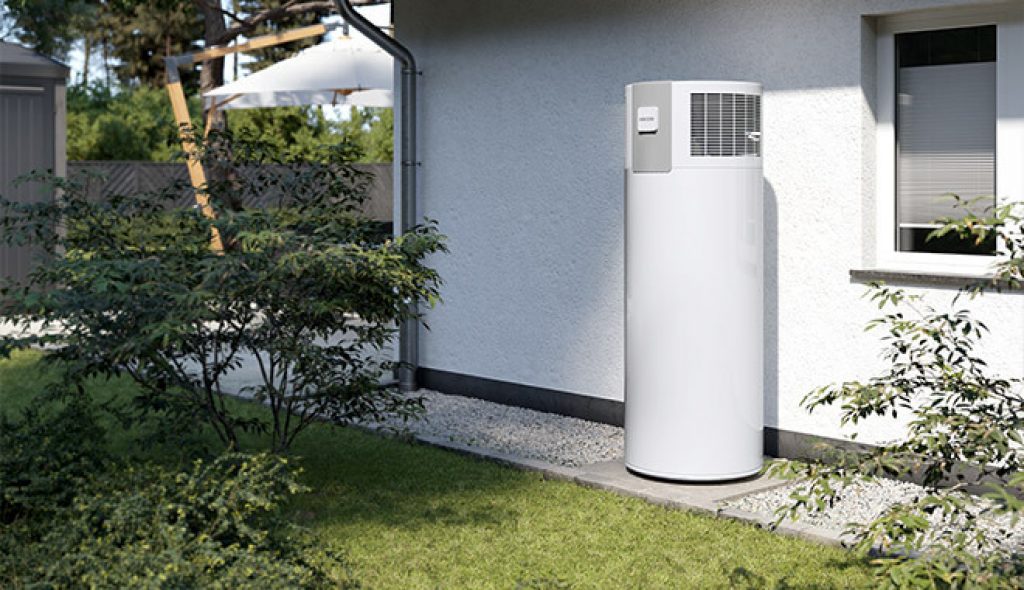Heat pumps are becoming increasingly popular in residential and commercial spaces due to their energy-efficient and cost-effective heating and cooling capabilities. However, like all mechanical systems, they require regular maintenance and occasional repairs to ensure optimal performance. This comprehensive guide will explore the different types of heat pumps, the common problems that occur with them, and the essential steps involved in heat pump repair.

- Types of Heat Pumps
Before we dive into the details of heat pump repair services in Peoria, it is crucial to understand the different types of heat pumps available on the market. The two main categories are air source and ground source (also known as geothermal) heat pumps.
- Air Source Heat Pumps: As the name suggests, these heat pumps extract heat from the outside air and transfer it into your home or office. They can provide both heating and cooling by reversing the process.
- Ground Source Heat Pumps: These heat pumps use underground pipes to extract heat from the ground and transfer it into a building. They are more efficient than air-source heat pumps but require a considerable upfront investment.
2. Common Problems with Heat Pumps
Heat pumps are generally reliable and require lower maintenance than other heating and cooling systems. However, they can still experience problems that require professional repair services. Here are some of the most common issues you may encounter with your heat pump:
- Refrigerant Leaks: If your heat pump is low on refrigerant, it can affect its performance and cause your energy bills to increase. A professional technician can locate and fix any leaks before recharging the system with the correct amount of refrigerant.
- Electrical Problems: Heat pumps rely on electrical components to function properly. Malfunctioning wires, sensors, or switches can cause your heat pump to stop working or operate inefficiently.
- Frozen Coils: In colder weather, the outdoor unit of an air source heat pump can freeze due to a buildup of ice on the coils. This can decrease the system’s efficiency and even cause it to shut down. A technician can diagnose and resolve this issue by checking for airflow restrictions and ensuring proper defrost cycles.
- Faulty Compressor: The compressor is the heart of a heat pump and is responsible for circulating refrigerant to transfer heat. If it fails, your heat pump cannot perform its cooling or heating functions properly.
- Thermostat Issues: A malfunctioning thermostat can prevent your heat pump from turning on or off at the right temperature, leading to inconsistent heating and cooling.
3. Steps Involved in Heat Pump Repair
When you encounter a problem with your heat pump, it is essential to call a certified technician for repair services. Attempting to fix the issue yourself can be dangerous and cause more damage to your system. Here are the general steps involved in professional heat pump repair:
- Inspection and Diagnosis: A technician will first inspect your heat pump to determine the cause of the problem. They may perform tests, check for any visible damage, and ask you about recent system performance changes.
- Repairs or Replacements: Once the issue has been identified, the technician will recommend a course of action. This can range from simple repairs, such as fixing a loose wire, to more complex replacements, like a faulty compressor.
- Maintenance and Cleaning: After completing the necessary repairs or replacements, the technician will perform routine maintenance tasks to ensure your heat pump is functioning at its best. This may include cleaning coils and filters, checking refrigerant levels, and lubricating moving parts.
- Testing and Verification: Before leaving, the technician will test your heat pump to ensure it operates efficiently. They may also provide some tips on maintaining your system and preventing future issues.
- Follow-up Services: A reputable HVAC company will offer follow-up services to ensure your heat pump continues to function properly. This includes regular maintenance plans, emergency services, and a warranty on parts and labor.
Also Read: How Can Heat Pump Installation Lower My Energy Bills?
4. When to Consider Replacing Your Heat Pump
While regular maintenance and repair services can keep your heat pump running for many years, there may come a time when replacing it is the best option. Here are some signs that indicate you should consider replacing your heat pump:
- Frequent Breakdowns: If you call for repair services multiple times a year, replacing your heat pump may be more cost-effective.
- Old Age: The average lifespan of a heat pump is between 10-15 years. If yours is nearing or past this range, it may be time to upgrade to a newer, more efficient model.
- Increasing Energy Bills: A heat pump struggling to perform due to age or other problems can cause your energy bills to skyrocket. Replacing it with a newer model can save you money in the long run.
Heat pumps are an excellent heating and cooling option for many homes and businesses, but they require proper maintenance and occasional repairs to keep them functioning efficiently. You can make informed decisions about your heat pump’s care and maintenance by understanding the different types of heat pumps, common problems that may arise, and the steps involved in professional repair services.
If you are looking for reliable heating services in Peoria, contact certified technicians at Five Star Air at 623-244-0414 for any issues or concerns with your heat pump to ensure safe and effective repairs.